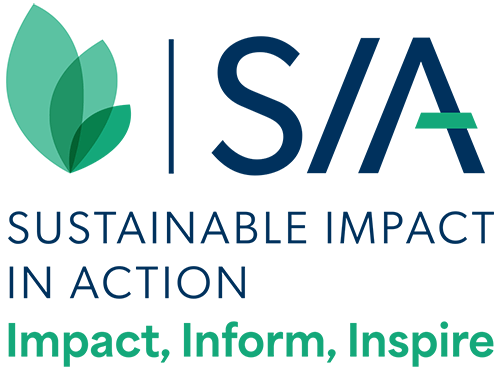Award winner / Resources

Award winner / Ecosystems


Castalie
CASTALIE is part of the circular economy, by avoiding
the use of millions of single-use plastic bottles in companies, hotels, events and restaurants. We propose a global solution to learn again how to drink water without having a big impact on the environment. All our water fountains are eco-conceived in France,
and made in France or in Italy, as well as all our bottles and flasks. They are made with recyclable materials (glass and inox) and the water comes directly from the local water supply network. Our fountains can be easily repaired and are reconditioned to
have a second life. CASTALIE is also a member of the Social Solidarity Economy, we work with local entities and have a partnership with an ESAT (assisted employment centers). Today, more than 2500 clients have chosen CASTALIE’s solution and thanks to them,
we have avoided 105 millions plastic bottles since 2012 !
Contact :
Anne-Laure Brouillat, anne-laure.b@castalie.com

Circular Swapabee
Swapabee was started in 2016 By Founder Jesse Sobitan. His mother was a horder, he grew up with rooms full of unused and unneeded products and everyday new un-wanted things were added to the pile. As he got older he realised he wasn’t the only one. It turns out that the UK alone produces 31 million tonnes of waste a year and the EU on a whole nearly 500 million tonnes of waste a year. In 2019 Swapabee was launched and rapidly gained traction from being awarded best sustainable circular economy idea at Web Summit 2019. To making partnerships with Brighton and Coventry University. Also to winning a 100,000.00 GBP billboard campaign with Ocean outdoors. Plus much much more to come this year such as facilitating sustainable fashion swaps at London Fashion Week! Now we are turning our sights to assisting the rest of the EU
Contact :
Jesse Mobolaji Sobitan – jessejalore@gmail.com

Sustainable Proteins Engagement by FAIRR
The report, Appetite for Disruption, A Second Serving, launched alongside the Sustainable Proteins Hub, a microsite allowing FAIRR members to access the full data of the analysis, presents the key trends within the industry and how alternative proteins are now perceived by leading food companies as a driver for growth and a climate-related risks mitigation tool. Beside encouraging shifts such as 40% of leading food firms having dedicated teams for plant based products, the engagement highlights other changes for instance the increase in venture investments in plant based proteins which have almost doubled since 2019, reaching $1.1bn in 2020 (July), making 2020 a watershed year for plant-based market capitalisation. The engagement, launched in 2016, grew ten-fold since, reaching $13trillion in assets, demonstrating further the progression of the alternative proteins industry and the opportunity it represents for companies to address the risks of the global protein value chain.
Contact :
Jo Raven – jo.raven@fairr.org
